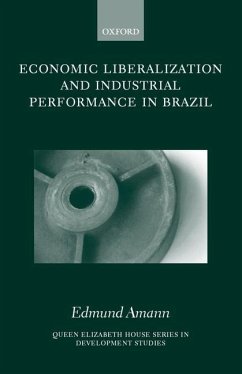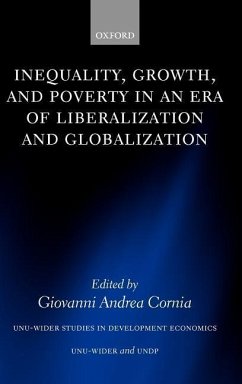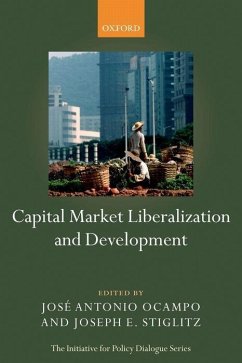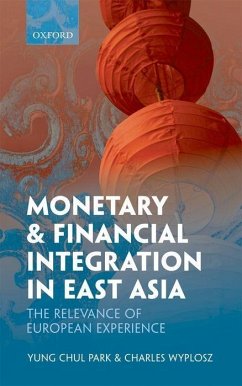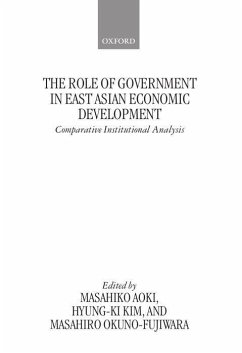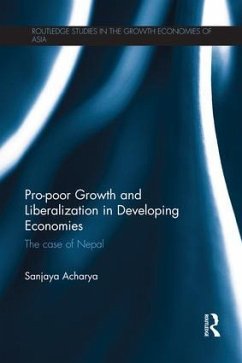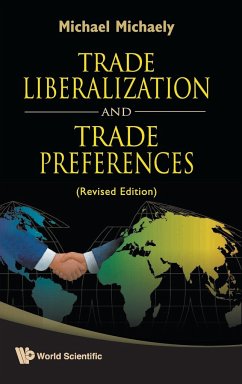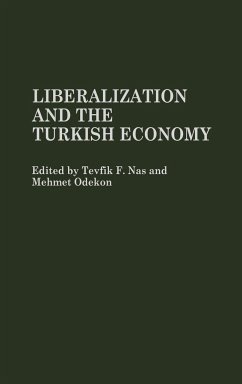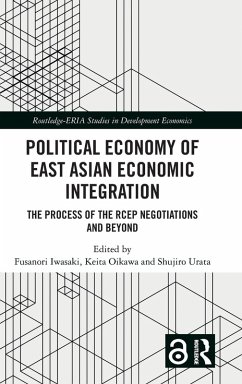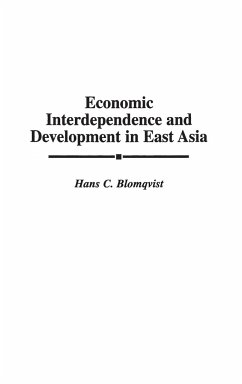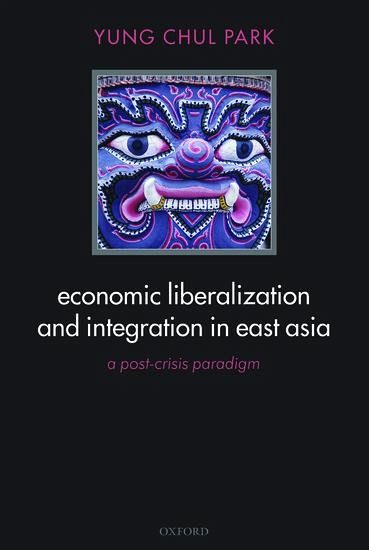
Economic Liberalization and Integration in East Asia
A Post-Crisis Paradigm
Versandkostenfrei!
Versandfertig in 1-2 Wochen
124,99 €
inkl. MwSt.

PAYBACK Punkte
62 °P sammeln!
Several years before the 1997-98 Asian financial crisis, most East Asian economies with the exception of China had engaged in the liberal reform prescriptions of the Washington Consensus. The Asian financial crisis added impetus to the transformation process as the crisis countries accepted the Washington Consensus as part of their commitment to the IMF policy conditionality. In this book the author argues for the continuing validity of an 'East Asian' model of economic development that differs distinctly from the Washington Consensus. He argues that, while this model was undermined to some ex...
Several years before the 1997-98 Asian financial crisis, most East Asian economies with the exception of China had engaged in the liberal reform prescriptions of the Washington Consensus. The Asian financial crisis added impetus to the transformation process as the crisis countries accepted the Washington Consensus as part of their commitment to the IMF policy conditionality. In this book the author argues for the continuing validity of an 'East Asian' model of economic development that differs distinctly from the Washington Consensus. He argues that, while this model was undermined to some extent by the 1997-98 financial crisis, it remains robust and important in explaining economic events in East Asia. In doing so, he covers the accomplishments and failures of the East Asian development model and the reform agenda for a new East Asian paradigm for post-crisis development.



